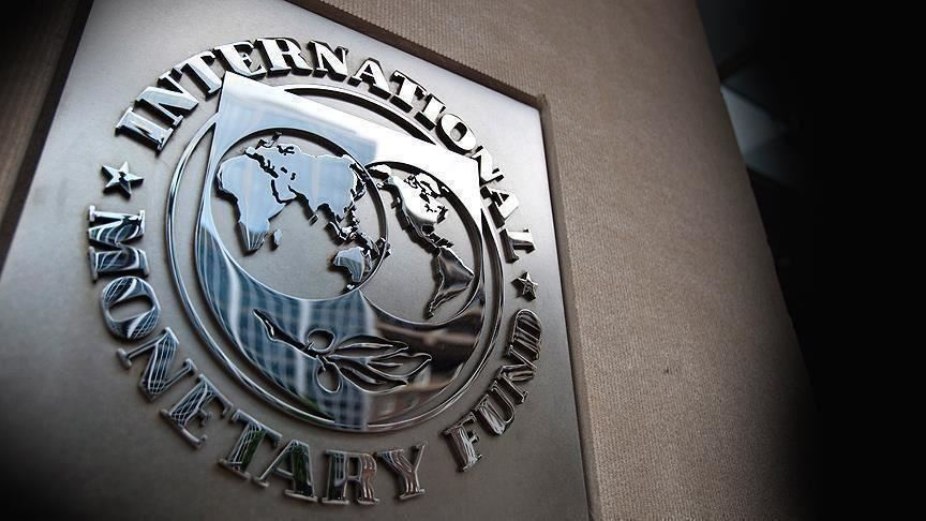An International Monetary Fund (IMF) mission, led by Mr. Tidiane Kinda, conducted a staff visit to the Maldives during June 21-29, 2022, to discuss recent economic developments, the outlook, and the country’s policy priorities.
According to Mr. Kinda, eonomic growth is gathering pace, supported by a strong recovery in tourism. While tourist arrivals from Russia have declined since the start of the war in Ukraine, strong arrivals from other countries in Europe have so far more than offset this decline. As of end-June, total tourist arrivals in 2022 were only about 6 percent below the corresponding pre-pandemic level. The strong recovery in the tourism sector and associated spillovers to other sectors are expected to yield a solid growth of 8.7 percent in 2022. Inflation is projected to reach 3.1 percent in 2022, reflecting the partial pass-through from higher global food and energy prices due to increasing price subsidies, and spending pressures for the 2023 elections. The economic outlook is subject to significant downside risks, including an economic slowdown in key source markets for tourism and tighter global financial conditions.
Additionally, fiscal vulnerabilities remain high. The fiscal deficit is expected to widen and remain in double digits in 2022, on the back of sustained high infrastructure spending and emerging spending pressures from rising subsidies, increased interest costs, and reforms of the wage bill. Continued support to state-owned enterprises (SOEs), mostly through subsidies and capital contributions to repay debt contracted with sovereign guarantees, remains a key factor adding to fiscal vulnerabilities.
External vulnerabilities continue to increase as well. While public and publicly guaranteed debt has declined from the pandemic peak, aided by economic recovery, Maldives remains at a high risk of debt distress, which requires further adjustment to policies. Dollar shortages have persisted with significant spreads in the parallel foreign exchange market. International reserves are declining, reflecting high food and fuel prices and fiscal spending pressures. Higher external financing costs are limiting options to tap international capital markets in the near term.
Mr. Kinda further added that the ongoing economic recovery provides a window of opportunity to swiftly implement needed reforms to secure fiscal and debt sustainability. Critical reforms include raising domestic revenue, rationalizing public spending, in particular capital spending, reducing the interest burden by limiting non-concessional borrowing, and reforming subsidies while providing targeted assistance to the most vulnerable. Considering increased external financing costs, a swift implementation of these reforms will help lower fiscal financing needs and contain pressures on the fragile reserve buffers.
He welcomed the Maldivian authorities’ plans to increase the tourism and domestic goods and services taxes respectively from 12 to 16 percent and from 6 to 8 percent in 2023, stating that they are important initial steps in this direction. Furthermore, a swift implementation of the authorities’ intention to reform subsidies and reduce the dependence of SOEs on the central government’ budget would help reduce fiscal vulnerabilities.




















